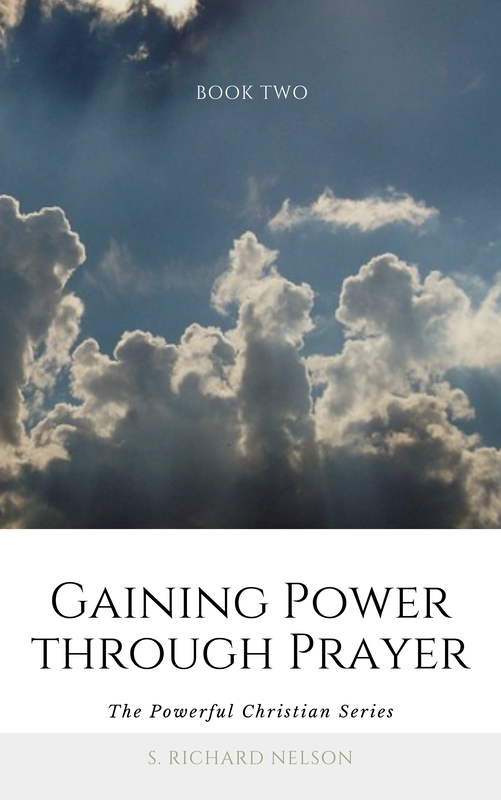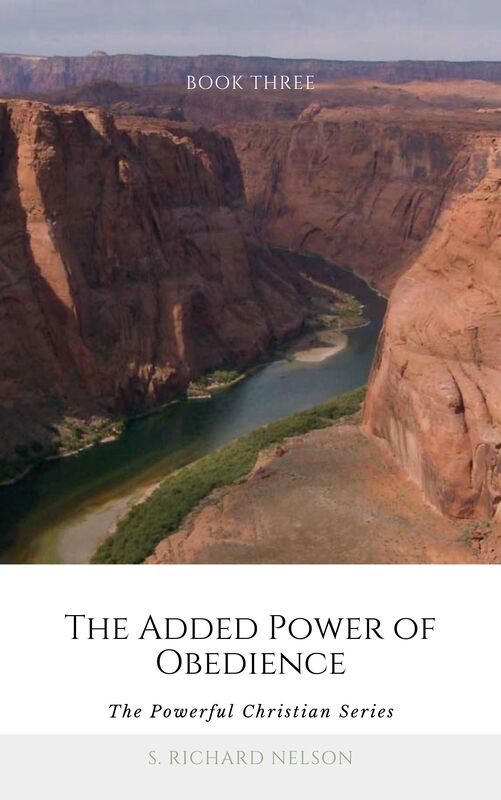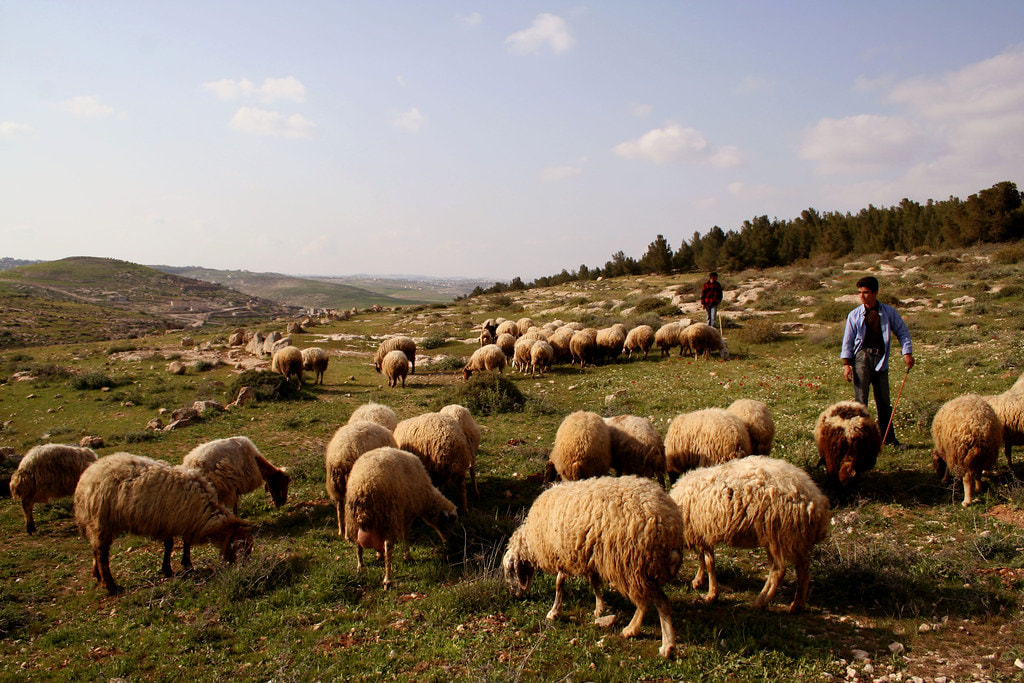
For ancient Israel, the word “shepherd” became a metaphor for kings and was also applied to religious leaders. Israel’s leaders, however, were often reprimanded for their failure to properly watch over the flock of God. God issued a severe warning to false shepherds who had authority to lead but who gave up that responsibility to better serve themselves. They were most likely good people who eventually became greedy and self-serving.
While our Shepherd does so much for us, we, as sheep, have a responsibility to not be lead astray. We must understand that more than one shepherd calls to us. Ezekiel 34 exposes how false shepherds care only for themselves. We should recognize and run from them and seek out the one true Shepherd. “Shepherds of Israel who have been feeding yourselves! Should not shepherds feed the sheep?” The false shepherds feed themselves and not their flock. “You eat the fat, you clothe yourselves with the wool, you slaughter the fat ones, but you do not feed the sheep.” The false shepherds do for themselves, taking the finest things life has to offer. “The weak you have not strengthened, the sick you have not healed, the injured you have not bound up, the strayed you have not brought back, the lost you have not sought, and with force and harshness you have ruled them.” False shepherds do not strengthen the weak. They do not heal the sick or bandage the injured. False shepherds do not bring back the strays or seek after the lost. False shepherds rule with force and harshness. Do we recognize Yahweh Roi as our shepherd? Do we listen to hear His voice calling us or do we seek the enticements of a false shepherd? Can we even distinguish the voice of the one true Shepherd? When we decide to submit our will to God’s, when we pray and listen for His quiet whisperings within our hearts, we will then begin to recognize His voice calling us to safety. Matthew recites a prophecy of Micah regarding Bethlehem: “Out of you will come a ruler who will shepherd my people Israel.” Jesus was born in Bethlehem, of the line of David, the ultimate shepherd-ruler. Rohi, or the Greek equivalent (poiman `o kalos) is a name Jesus used to refer to himself as a claim to deity and to his status as the God of David: “I am the good shepherd. The good shepherd lays down his life for the sheep…”
God is our shepherd. He knows the green pastures and how to steer us along dangerous paths until we reach the pleasant meadows. He knows all our needs. Whether our rough terrain be physical or spiritual, emotional or mental, we can trust the Lord to lead us and guide us. He knows what is ahead.
Listen carefully and follow His voice as the good Shepherd navigates you through the bumpy, uneven landscape of life.
0 Comments
Leave a Reply. |
Rich Nelson
|
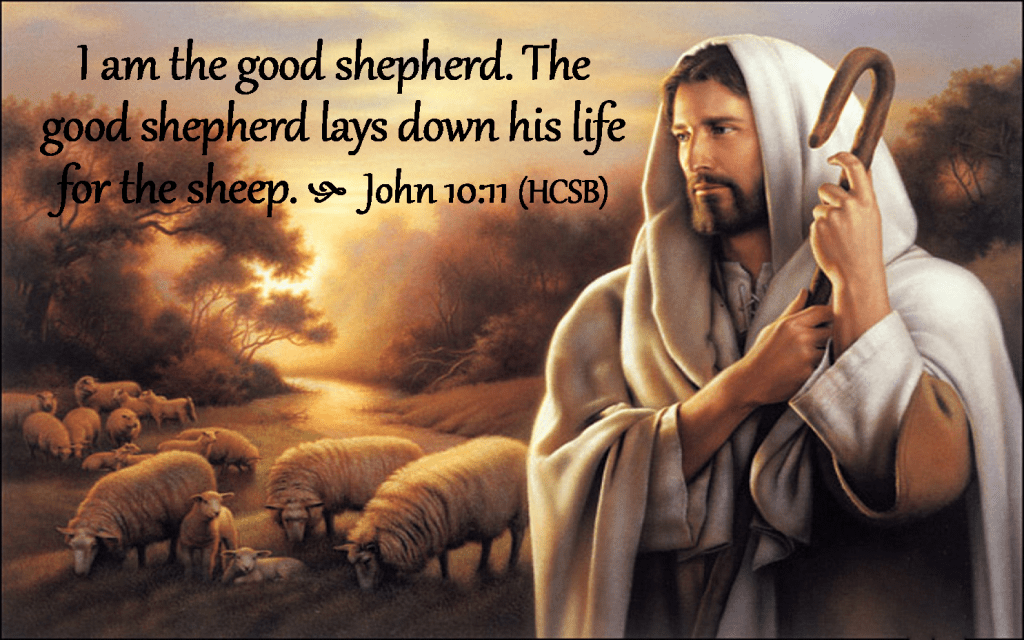
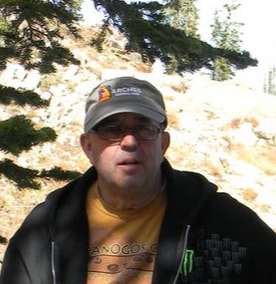
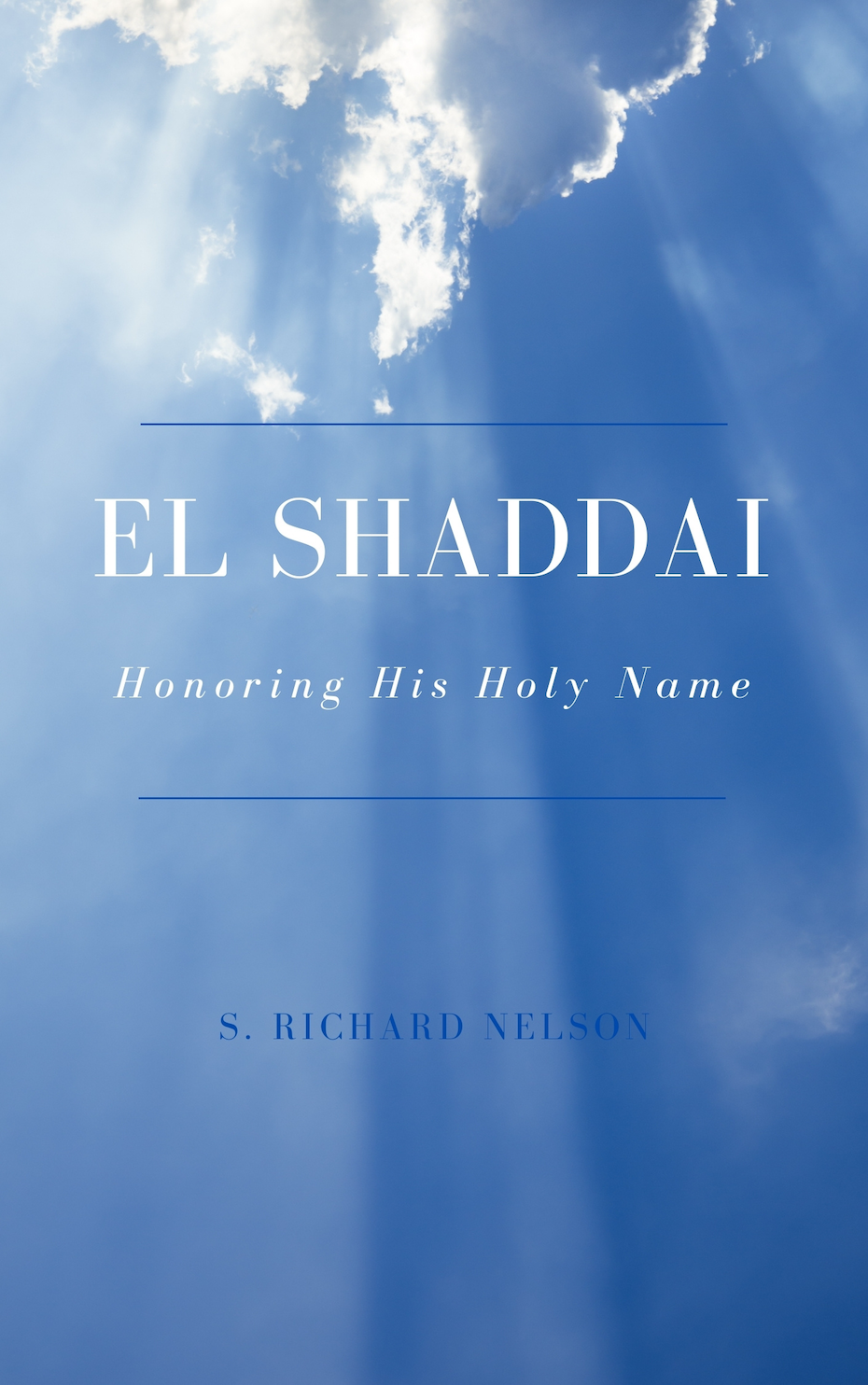
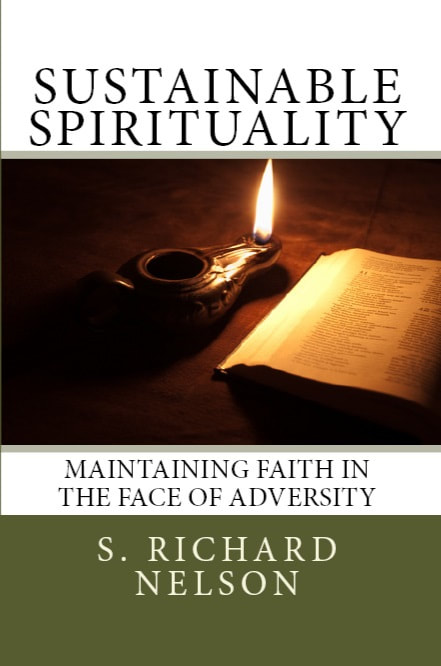
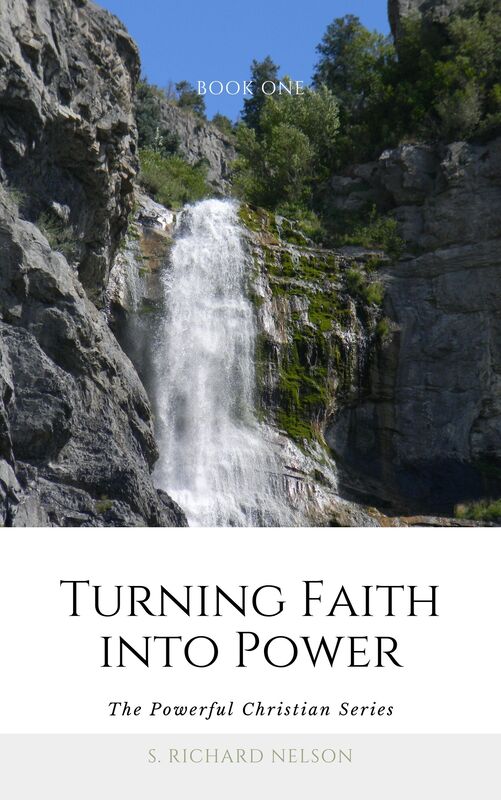
 RSS Feed
RSS Feed
